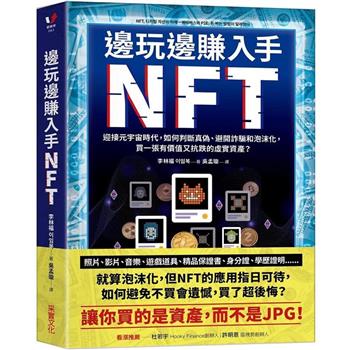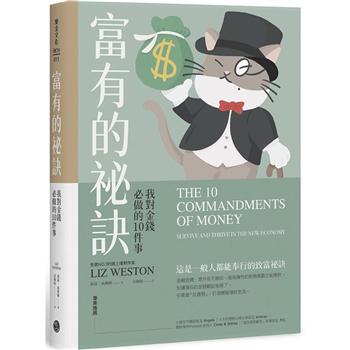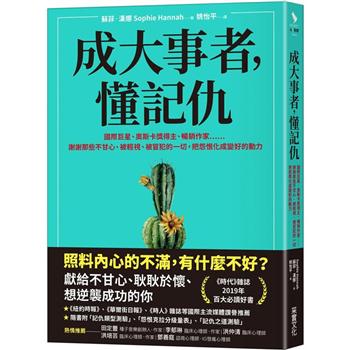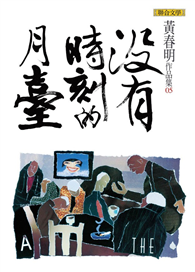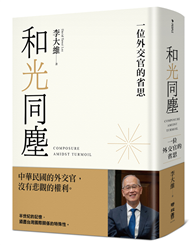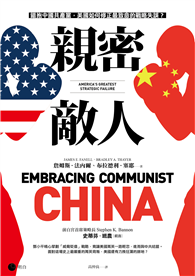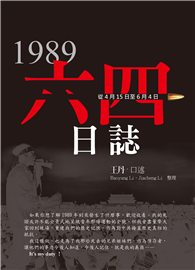This book explores the history of, and approaches to, documentary production within China from the Land Reform to the present day. It examines the institutionalisation of socialist realism during the PRC’s revolutionary era; considers the emergence of the fluid xianchang aesthetics and the creation of contingent subjectivities in relation to physicist Carlo Rovelli’s loop quantum gravity theory; explores two factory films through the angle of temporality; argues that time in the post-X era is multi-layered and can be experimented through a cinematic ruin aesthetics; and theorises ecological temporality in relation to Jean-Paul Sartre’s ontology on being as freedom and Caroline Godart’s analysis of difference.
| FindBook |
有 1 項符合
Independent Chinese Documentary Cinema: Perspectives on Time and Ecological Phenomenology的圖書 |
 |
Independent Chinese Documentary Cinema: Perspectives on Time and Ecological Phenomenology 作者:Liu 出版社:Palgrave MacMillan 出版日期:2024-10-12 語言:英文 規格:精裝 / 普通級/ 初版 |
| 圖書館借閱 |
| 國家圖書館 | 全國圖書書目資訊網 | 國立公共資訊圖書館 | 電子書服務平台 | MetaCat 跨館整合查詢 |
| 臺北市立圖書館 | 新北市立圖書館 | 基隆市公共圖書館 | 桃園市立圖書館 | 新竹縣公共圖書館 |
| 苗栗縣立圖書館 | 臺中市立圖書館 | 彰化縣公共圖書館 | 南投縣文化局 | 雲林縣公共圖書館 |
| 嘉義縣圖書館 | 臺南市立圖書館 | 高雄市立圖書館 | 屏東縣公共圖書館 | 宜蘭縣公共圖書館 |
| 花蓮縣文化局 | 臺東縣文化處 |
|
|
圖書介紹 - 資料來源:博客來 評分:
圖書名稱:Independent Chinese Documentary Cinema: Perspectives on Time and Ecological Phenomenology
|

